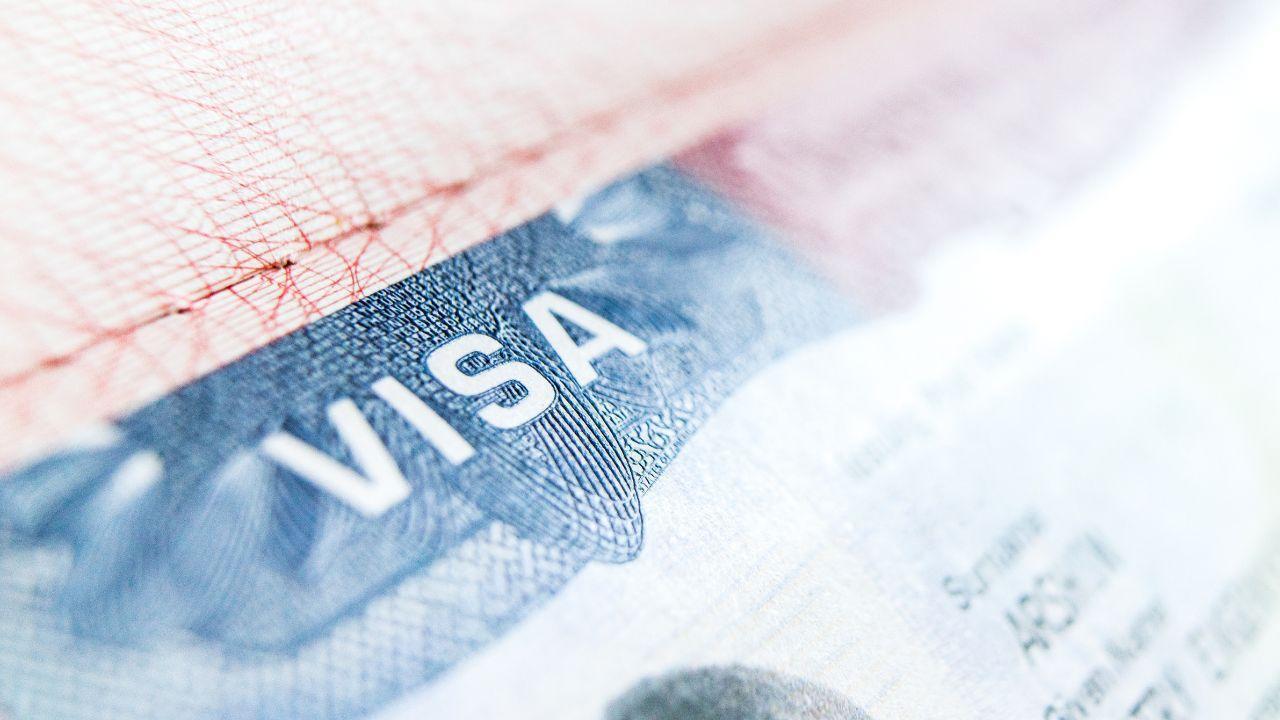



Studying in the United States is a dream for many international students. But before you can start your journey, you need an F-1 student visa. Unfortunately, not every student gets approved. In recent years, the number of visa denials has increased, and many applicants are facing rejections during the interview stage.
Let’s understand why F-1 visas get denied and what you can do to improve your chances of approval.
Why the F-1 Visa Interview Matters Most
The visa interview is the most important step in the F-1 visa process. This is where a consular officer from the U.S. Embassy or Consulate speaks to you face-to-face and decides if you meet the rules for a student visa.
One of the key things the officer checks is whether you plan to return to your home country after your studies. If they believe you might want to stay in the U.S. permanently or misuse the visa, your application could be denied.
How Recent Policy Changes Made It Harder
In the past few years, especially during the Trump administration, the rules around student visas became stricter. The visa interview has become tougher, and more students are now being denied for reasons like security concerns, false information, or lack of full transparency.
For example, U.S. officials in India have warned students to make their social media accounts public during the application process. Some students have been denied because they did not disclose hidden or anonymous accounts.
Who Has the Final Say in Visa Approvals?
The power to approve or deny an F-1 visa lies completely with the U.S. consular officer. They review your application, check your documents, and ask questions to understand your plans. If they find something missing or suspicious, they can reject your application under U.S. immigration law.
If your visa is denied, you will be told the reason and the section of U.S. law under which it was refused.
Common Reasons Why F-1 Visas Get Denied
One of the most common reasons for visa refusal is missing information or incomplete applications. If your documents are not in order or your answers are unclear, the officer may not be able to decide if you are eligible. In such cases, your visa may be denied.
Another reason could be if the officer finds you fall under a category of inadmissibility or ineligibility under U.S. law. Some of these can be fixed, but others are permanent unless a special waiver is granted.
Understanding Sections 221(g) and 214(b)
When your visa is refused, it’s usually under one of two main legal sections: 221(g) or 214(b).
Section 221(g) means your application is incomplete. This could be because you didn’t provide all required documents or details. In many cases, this can be fixed by submitting the missing information.
Section 214(b) is more serious. It means the officer believes you don’t meet the F-1 visa conditions. This often happens if you fail to prove that you plan to return to your home country after your studies.
What Is the “Presumption of an Immigrant”?
Every F-1 visa applicant is seen as someone who might want to stay in the U.S. permanently—unless they prove otherwise. This is called the “presumption of immigrant intent.”
To overcome this, you must show that you have strong reasons to come back home after your studies. This includes:
If you can’t prove these connections, the officer may assume you want to stay in the U.S. long-term, and your visa may be denied.
How to Avoid F-1 Visa Denial
To improve your chances of getting an F-1 visa, you should:
#trending #latest

University Internships That Help You Get a Job After Graduation... Read More.

Is It Smarter to Start at a Community College... Read More.
 Fake posts hit Czech PM Fiala's X
Fake posts hit Czech PM Fiala's X
Fake posts disrupt Czech PM Fiala's X account security
 Switzerland Tightens Export Rules
Switzerland Tightens Export Rules
Switzerland expands export controls on dual-use goods
 Google unveils Ironwood AI chip
Google unveils Ironwood AI chip
Google introduces Ironwood chip to accelerate AI tasks & apps
 TSMC Q1 revenue up 42%
TSMC Q1 revenue up 42%
TSMC sees 42% revenue surge in Q1, surpassing forecasts
 Amazon CEO Outlines AI Vision
Amazon CEO Outlines AI Vision
Amazon CEO reveals AI investment plans in new letter
 Osaka Hosts World Expo 2025
Osaka Hosts World Expo 2025
Japan blends tech and culture at Osaka Expo 2025 launch
 A16z Plans Big Bet on AI Startup
A16z Plans Big Bet on AI Startup
A16z may lead huge round in ex-OpenAI CTO’s new AI firm.
© MyEduGoal. All Rights Reserved. Design by markaziasolutions.com